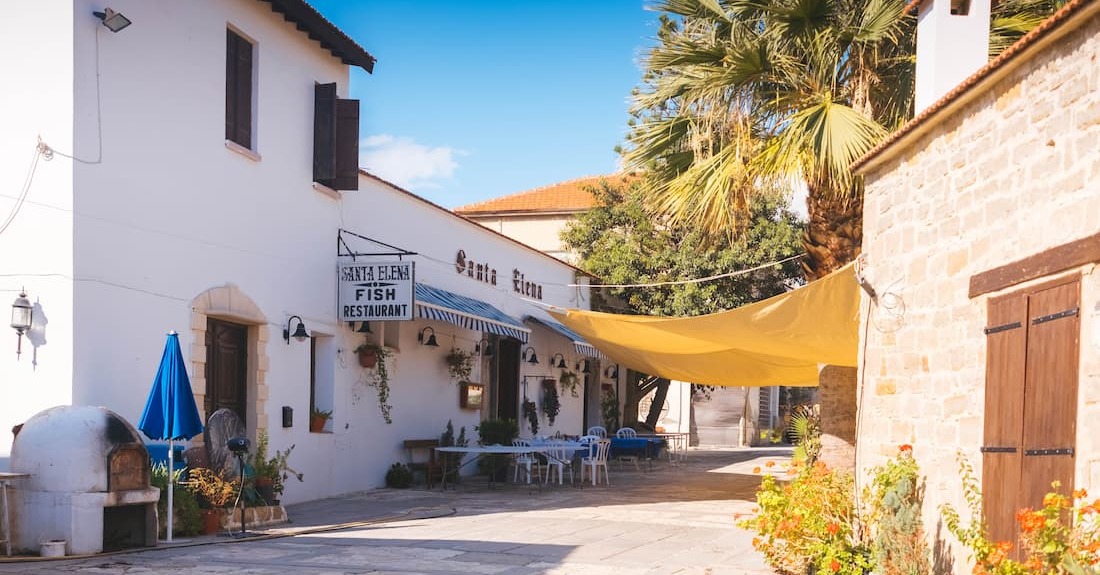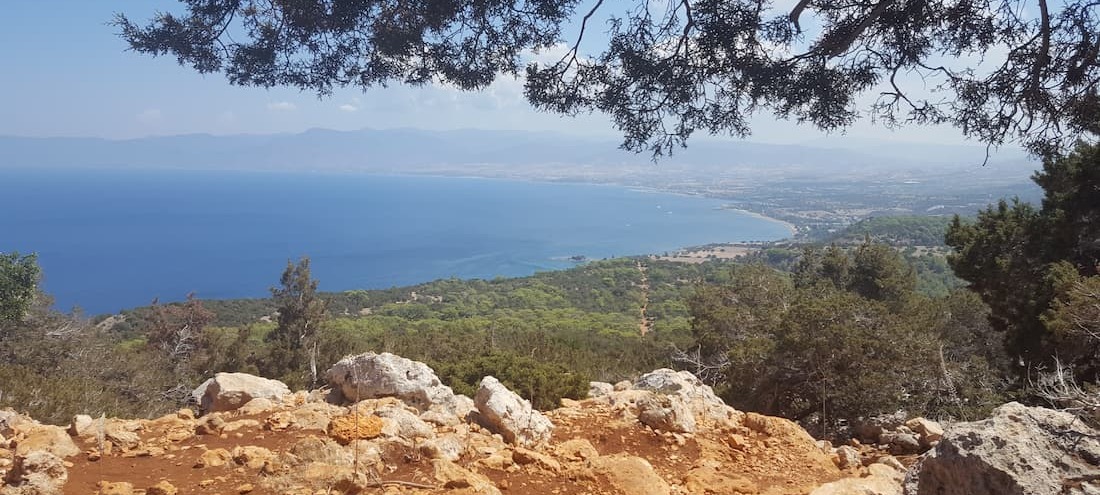
Last year Cyprus was successful in its bid to win halloumi protected destination of origin (PDO) status – meaning that only cheese actually made in Cyprus can be sold in the EU. But how much do you know about the salty, squeaky treat? If you’re heading to Cyprus you’ll want to brush up your knowledge because you’re going to be eating a lot of it. Read on for some of the essential facts about this most celebrated of cheeses.
- It’s got serious history.
Cypriots first began making halloumi from sheep and goat milk back in the Byzantine period (395 – 1191 BC). Locals relied on the cheese as a source of protein and communities would often work together to produce it. In the days before food could be refrigerated, the salty brine in which halloumi is preserved enabled it to be kept fresh for a long time. It is such an integral part of Cyprus’ culture that it is even the basis of Cypriot surnames including Hallumas and Hallumaki.
- Brits cannot get enough of it.
Halloumi is loved all over the world. The Italians call it calumi, the Turks hellim and Arabs hellum. But in Britain – the biggest importer of the cheese – it is something close to a national obsession. The British consume more than 12,000 tonnes a year and when stocks have been low, or the supply chain disrupted, UK newspapers have responded with headlines describing it as a ‘crisis’ and questioning how the country will survive. So know this – you may take a Brit’s cornflakes, even their teabags, but you will never take their halloumi.

- You don’t have to grill it.
Although halloumi is usually served grilled, when it becomes deliciously squidgy yet doesn’t melt away, in Cyprus many people prefer to eat it uncooked. You’ll often find the raw cheese paired with fresh watermelon on the menu at local tavernas, where the saltiness is perfectly balanced by the refreshing sweet fruit. It is also common to find it grated over hot food – much like parmesan in Italy.
- There’s a reason it squeaks when you eat it.
Anyone who’s ever tried halloumi will have noticed the characteristic squeak it gives off when you bite into it. The scientific reason for this is to do with the cheese’s long protein strands rubbing on the enamel of your teeth. Mmmm. It’s possible to stop the squeak, or at least reduce it, by slicing it thickly rather than thinly and ensuring you don’t overcook it. Three minutes is perfect.

- There’s nothing quite like eating it fresh in Cyprus.
However many times you’ve enjoyed halloumi in the past, nothing compares to eating it directly from the producer in its sunny birthplace. Why not join a tour to one of the villages where it has been produced for centuries and taste it straight from the pot? There are dozens of excursions available from popular destinations such as Ayia Napa, Limassol, Larnaca and Nicosia where you can even learn how to make the cheese yourself – perfect for sating those cravings when you’re back home.
Feeling hungry? Make your journey to halloumi heaven even swifter by booking your Cyprus hire car in advance. With pick-up points at Larnaca and Paphos Airports you can be eating cheese in the sun almost as soon as the plane touches down.
